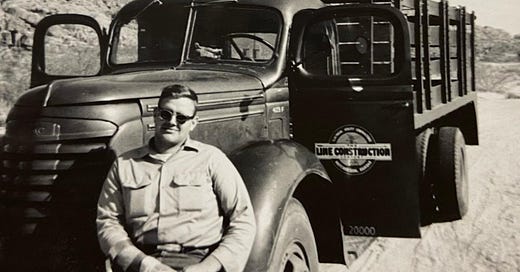In a remarkable press release on February 12, the U.S. Department of Education’s Office of Civil Rights (OCR) announced investigations into the Minnesota State High School League (MSHCL) and the California Interscholastic Federation (CIF) for violating federal antidiscrimination laws. The particular law in question is Title IX, which prohibits discrimination on the basis of sex and is the reason why so many girls and women now participate in sports. The OCR claims that the MSHCL and CIF are breaking Title IX by allowing trans athletes to compete in women’s sports.
Leave aside for the moment that the Office of Civil Rights is striving to take away the civil rights of trangender persons by alleging that simply allowing trans athletes to compete in sports amounts to discrimination against women, though it’s not even a remotely clear what that could mean. Also leave aside the fact that the current OCR really doesn’t care that much about defending equality for women: the Department of Ed quickly reversed the Title IX guidance from the Biden Administration that required proportional NIL (name, image, and likeness) revenue-sharing between men’s and women’s sports, which will mean that millions of dollars that would have gone to women’s sports will instead go to men’s football and basketball programs. Let’s leave aside the fact that the Trump administration is systematically hobbling or dismantling civil rights offices across the government. And let’s leave aside that the communications coming out of OCR, like those from many offices and officers these days, are pure government by trolling.
That’s a lot to leave aside, admittedly, but I want to focus on the quote from Craig Trainor, Acting Assistant Secretary for Civil Rights, included in the release:
“The Minnesota State High School League and the California Interscholastic Federation are free to engage in all the meaningless virtue-signaling that they want, but at the end of the day they must abide by federal law.”
“Virtue signaling” is a pejorative term for expressions of pretend virtue, just words or posts designed to make someone appear virtuous without any underlying intention or action to be virtuous. Labeling words and actions as virtue signaling is a way of dismissing them, an attempt to hollow out the pull of obligation. Conservatives have been at work for years to push efforts to consider and care for others into the “mere” — mere language policing, mere pronouns in email signatures, mere diversity for diversity’s sake, mere attempts to look cool. All of this, we’ve been told over and over by a throbbing eco- and echosystem of podcasts and purchased posts and news hits, is fake and performative and empty but also stifling and indoctrinating.
No doubt we’re all a little guilty of mere performance of virtues, but calling the Minnesota Human Rights Act mere meaningless signaling—legislation that has enshrined protections for persons regardless of sexual orientation, including transgender persons, for over 30 years—is certainly a choice.
While I don’t believe that this OCR is acting in good faith, this announcement is instructive. To be a person is to be a question that insists on asking itself. Who am I? Who should I be? How should I live? What is a good life? The current administration’s desire to erase trans and disabled people is an effort to limit the acceptable answers to the question of self — to restrict the only possible answers — to their choices.
Any answer one gives to the question inevitably involves others. Avoiding acknowledgement of whole possibilities of selves is essentially a way of fleeing obligations, signaling an attempt to get out from under the weight of responsibilities that recognizing human dignity entails. But, simply, trans people exist. Disabled people exist. Queer people exist. People marginalized in all sorts of ways exist. I have and have had such people and more in my life and my care. People, real people, are not going away because of a press release or a social media post or an executive order that pounds a fist on a definition.
Living a good life is difficult, in part because it’s boring. Few of us will ever find ourselves with our hand on a trolly switch or have a grenade roll at our feet upon which we might throw ourselves to save others. We all will face some big moral moments, sure, but overwhelmingly, virtue comes down to how we negotiate the common world that we have been thrown into—bread and milk need to be bought, streets crossed or driven through, greetings given or withheld, jobs practiced, services rendered, promises made and broken. We all are at times frail and sick and lost; we are all always unfolding. We can’t—and shouldn’t—escape the forms of life that we move within, and we shape these forms even as we move.
We, in the end, must decide how we treat each other in the everyday. We must choose who we acknowledge and care for or avoid. And we must live with our choices—and each other.



